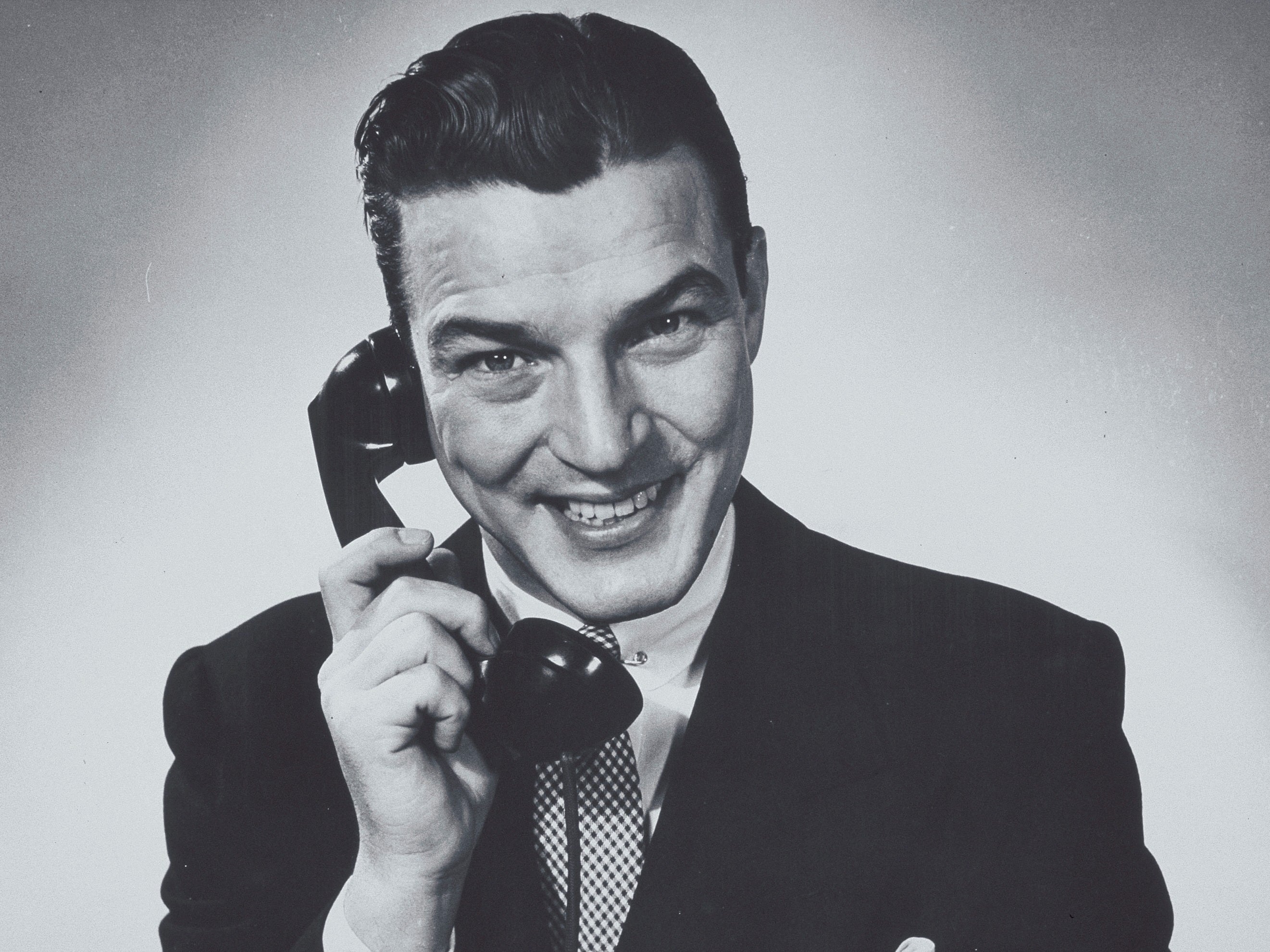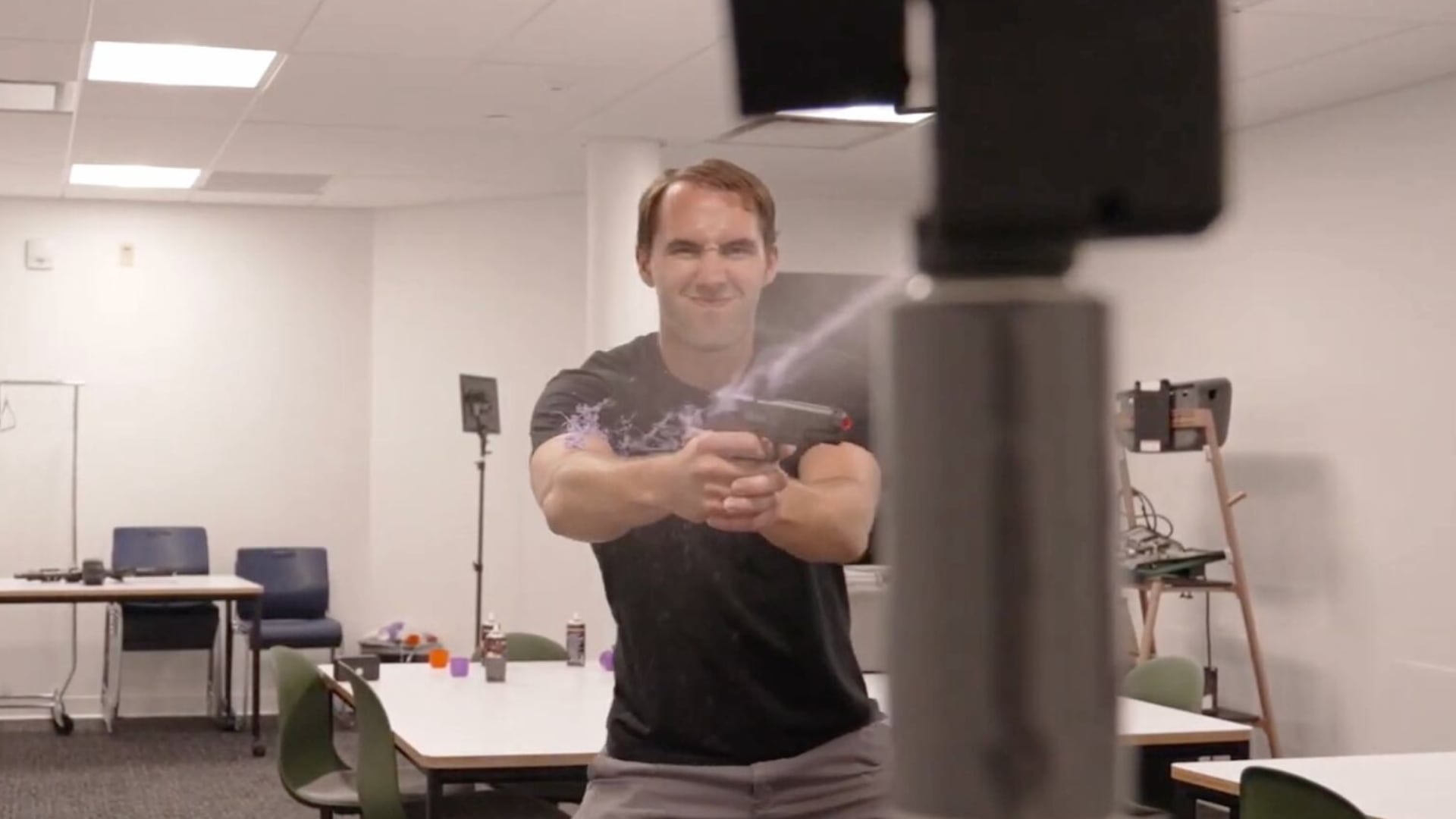By Martin Crutsinger
U.S. consumer confidence rose in January as Americans became more optimistic about the future.
The Conference Board reported Tuesday that its consumer confidence index increased to 89.3, a rebound from December when it dipped to 87.1.
The increase was fueled by the board's rising expectations index, which measures perceptions about the future path of incomes, business and labor market conditions. The present situation index weakened further, however, reflecting concerns over the resurgence of COVID-19.
“The slow rollout of the vaccines and the still raging pandemic continue to depress consumer confidence despite the prospect of further fiscal aid and a brighter and a brighter health situation,” said Kathy Bostjancic, chief U.S. financial economist at Oxford Economics.
For January, the report showed that the views on current conditions weakened with the percentage of consumers who ranked business conditions as bad rising from 39.7% to 42.8%. Consumers' perceptions of the labor market also declined with the percentage of consumers saying that jobs are plentiful declining from 21% to 20.6% while those claiming jobs were hard to get rising from 22.9% to 23.8%.
In terms of future prospects, the percent of consumers expecting business conditions to improve over the next six months increased from 29.5% to 33.7%.
The survey found that the number of people expecting to buy a home in the next six months improved to a reading of 7.2%, up from 6% in December. Economists took this increase as a good indication that sales of existing homes should show improvements in coming months.
Robert Frick, corporate economist at Navy Federal Credit Union, said this increase could indicates people are becoming more willing to move once virus levels drop. “That could free up tight housing inventories as an unusually high number of homeowners are choosing to stay in their homes during the pandemic,” he said.
Updated on January 26, 2021, at 11:23 a.m. ET with the latest information.













